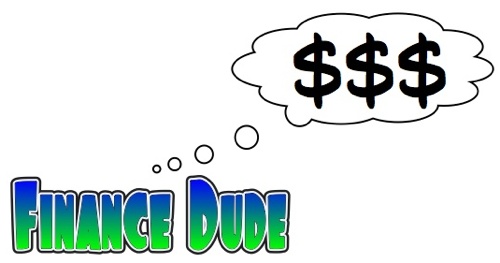
Why of all the topics of investing should we tackle first this thing called Risk Management? Well, to start I’d like to quote two men. The first from one of the top three richest man and another is one who was successful during the recent economic turmoil.
Rule Number 1: “Never lose money. Rule Number 2: “Never forget rule Number 1.” –Warren Buffett
This is interesting. One of the richest investors does not look at how much he will make at first. But he wants to make sure of not losing first.
Another famous billionaire investor, who had made a good amount of money for his clients when most was losing money during the crisis, has this to say:
“I really picked up my investment philosophy from Marty and his father, Joseph Gruss. He had two sayings that guided me going forward.
The first was: Watch the downside, the upside will take care of itself. That’s been a very important guiding philosophy for me. Our goal is to preserve principal, not to lose money.†—John Paulson
In investing before anything else, always look at the risks and downside first. Focus on
Return OF capital first before even asking for return on capital. Ask the following questions:
- What are the risks?
- How likely are the risks happening?
- How can you protect yourself from the risks?
You can even classify risks in different classes.
Put another way, before flying high; make sure your landing gears works!
You may disagree and say, isn’t it that low risk means low return and high risk, high return? Well generally that is what common sense taught in business schools. But low risks and high returns scenarios do happen from time to time. Examples abound as during the recent recession, stock prices fell down when the value of the business didn’t. Some companies sold for less than the net cash on their balance sheet. What does this mean? Let’s say you’re friend has a restaurant called Good Food Restaurant with the following assets and liabilities:
Cash P100,000
Receivables 10,000
Kitchen Utensils 50,000
Furniture 40,000
Total Assets P200,000
Liabilities 10,000
Net Worth P190,000
He is selling the business (including the cash) for P60, 000. Would you buy it?
Again let’s see our rule number one. Will we lose money here? Maybe there’s a catch. So we ask around, we look at the financial statements, we check out for any lawsuits or problems. We don’t see any. I think we just had ourselves a good deal. You pay P60, 000 and you get at least P90, 000 in cash. (P100,000 of cash less the liabilities of P10,000). We will make at least P30,000. You might tell me this doesn’t really happen. An individual might not do it. But it happened when supply outnumbered demand in the recent economic turmoil. In following series, I’ll show you a real example of something similar.
——————–
About the contributor:
Finance Dude
The writer is a financial planner, investor, speaker and a self confessed cheapaholic. (Cheapaholic- a term he invented to mean someone who is addicted to being very cheap). Send in your questions. He will try to answer any questions you might have, preferably on finance and money matters. Although he does not object to questions on love and relationships, he never had one and due to his extreme cheapness, will probably never have one (In case you’ll send it mistakenly, he promised to forward it to HeaRty).
Disclaimer: Advice posted in this portion is merely opinions and views of the writer. It does not constitute formal advice. The writer will not be responsible for any of your gains or losses. If symptoms persist, contact your trusted financial planner.

Leave a Reply